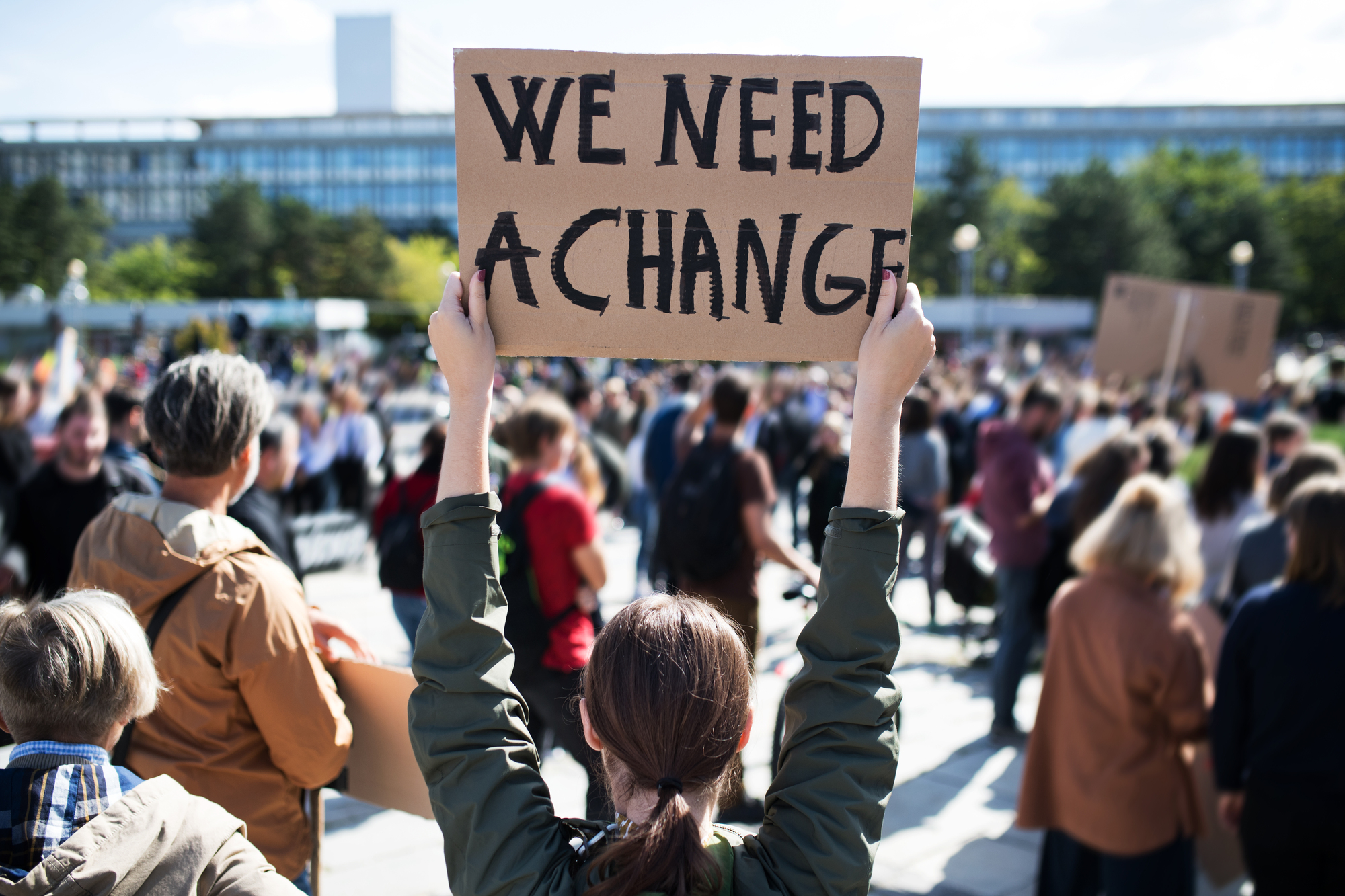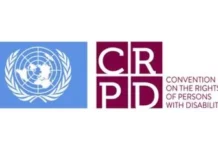EDITOR’S CORNER
After almost a year and a half as family editor for Mad in America—four years since I first joined the staff as a reporter—I’ll be leaving in two days. My time with this extraordinary organization has been a gift. The opportunity to work with courageous people from diverse backgrounds, all of them speaking out and pushing for change in the world of mental health, has felt profound and always will.
That push for change is vital. In a prevailing psychiatric narrative dominated by Big Pharma, counter-narratives based on actual lives and actual science are imperative. Consider MIA’s next online event: “Why Are Antidepressants So Difficult to Stop?” Scheduled for 1 p.m. next Saturday, Sept 7, it will feature David Healy, a founder of RxISK and an authority on Drug Dysregulation Syndrome, in conversation with MIA founder Robert Whitaker. This is the type of information that rarely, if ever, gets disseminated or even acknowledged in mainstream conversations on the topic, and it’s just one example of Mad in America’s significance in challenging the existing paradigm.
 Just as significant is its commitment to amplifying voices too often silenced: those with lived experience, and those who love them. If you haven’t read them, take a look at the voices recently showcased Mad in the Family, including Shelley Karpaty’s conversation with a mom who lost her daughter to psychiatry and suicide; Pamela Williams and Mickey Joseph Sabb’s piece describing his brother Will’s crisis and their new organization pushing for systemic reform; and Angela Colón-Rentas’ appeal to young people of color with lived experience, urging them to becoming peer workers just as she did.
Just as significant is its commitment to amplifying voices too often silenced: those with lived experience, and those who love them. If you haven’t read them, take a look at the voices recently showcased Mad in the Family, including Shelley Karpaty’s conversation with a mom who lost her daughter to psychiatry and suicide; Pamela Williams and Mickey Joseph Sabb’s piece describing his brother Will’s crisis and their new organization pushing for systemic reform; and Angela Colón-Rentas’ appeal to young people of color with lived experience, urging them to becoming peer workers just as she did.
All of those articles underscore the power of story. All of us have one, something I pondered in my very first Editor’s Corner as family editor and have chewed on repeatedly since. (And after I leave, anyone who has a story to tell for the family page should email [email protected].)
As human beings, storytelling is everything. It’s how we understand ourselves and share that understanding with others. This innate and irrepressible urge to share has been a defining, formative impulse since our ancestors first gathered around the fire during the stone age, and it continues in every context imaginable. The only problem: Too many who should be telling their stories are afraid to. And too many who manage to speak are stifled, shoved aside, or ignored.
If they’re in distress? Ignored. If they have no power? Ignored. If they’re incarcerated, whether by the justice or mental health system? Ignored. If they’re poor, uneducated, or in some underserved and oppressed demographic group (whether race, identity, disability, immigrant status, or something else)? Ignored. If they’re advocating for a dear one who’s been dehumanized, shackled—often literally—by the system? Ignored.
Everyone has a story, yes. And everyone deserves the respect, the space, the platform, in which to tell it. They deserve to be heard. More than that, they need to be heard—and when they are, the world shrinks. Bonds are formed. Truths are revealed, changing perception in ways both nuanced and cosmic.
In the months ahead I’ll be focused on different forms of storytelling, including final work on “autonovel” in which I zip to heaven on a quest to bring back my sister after her suicide. I wrote about it last summer in a piece for MIA, which was just the latest in a huge, teetering stack of articles, blog posts, and books I’ve written inspired by departed loved ones. Grief is the story I carry within me. And each time I pull it out and put it into words, I hear from people who carry their own.
In my final interview for MIA Radio—to be posted after I’m gone, on Wednesday, Sept. 4—I spoke with author and backpacking guide Banning Lyon, whose indescribably powerful memoir of psychiatric hospitalization as a teen and the journey toward healing that followed is as complex and moving a saga as you’re ever likely to read. But as he discussed in the interview, sharing his story has allowed others to share their own, too—because that’s how it works. Telling ours makes someone else feel more at ease in telling theirs. That’s the beauty of connection.
So I thank you, all of you, for connecting. For being true to yourselves and others, and for saying what needs to be said. Keep speaking out. Don’t stop. Tell your stories, and tell them loudly.
The movement needs you.
—Amy Biancolli, Family Editor
***
More from Mad in the Family
More Editor’s Corners














